The UK-led Joint Expeditionary Force (JEF), comprising ten northern European nations, has successfully completed Exercise Joint Protector, a month-long operation conducted across multiple locations in Latvia.
The exercise demonstrated the partnership’s ability to rapidly bolster NATO’s eastern flank in response to emerging threats, according to the Ministry of Defence.
Military personnel from JEF member nations practised swift deployment from their home bases to strategic positions across Latvia. This year’s exercise also marked the first-time Ukrainian military officers joined, highlighting the alliance’s emphasis on learning from Ukraine’s combat experiences during the ongoing conflict with Russia.
The UK’s Minister for the Armed Forces, Luke Pollard, stated:
“Exercise Joint Protector demonstrates our unwavering commitment to regional security, keeping us secure at home and strong abroad, as well as the strength and depth of our international partnerships. The participation of our Ukrainian partners highlights the exercise’s importance, ensuring that we can learn from Ukraine’s hard-fought combat experience.”
The exercise focused on improving coordination and interoperability among JEF nations during the early phases of deployment. The JEF—comprising the UK, Iceland, Denmark, Norway, Netherlands, Latvia, Lithuania, Estonia, Sweden, and Finland—operates as a flexible and rapidly deployable force capable of addressing security challenges in Northern Europe.
The MOD highlighted that the Joint Expeditionary Force adds significant value to regional security, complementing NATO’s broader defence framework.
“The value added by the JEF is a significant contribution to both security and deterrence, giving JEF Participant Nation governments, and NATO, more options in times of crisis.”
This year’s exercise tested how quickly forces could integrate and deploy alongside key equipment across Latvia. The presence of Ukrainian officers reflected the growing partnership between the JEF and Ukraine, emphasising shared lessons from frontline combat operations.
As a NATO-aligned force, the JEF aims to enhance the alliance’s readiness while addressing specific regional security needs. The MOD affirmed the partnership’s strategic importance:
“Our collective vision for the JEF’s long-term development is for it to be a key component of Northern European security: supporting our members, delivering region-specific and multi-domain defence activities, and contributing to the security of Europe as one of NATO’s Framework Nation Concepts.”
At the UK Defence Journal, we aim to deliver accurate and timely news on defence matters. We rely on the support of readers like you to maintain our independence and high-quality journalism. Please consider making a one-off donation to help us continue our work. Click here to donate. Thank you for your support!


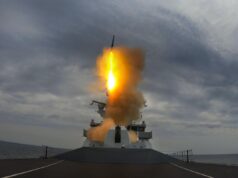
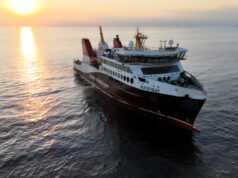
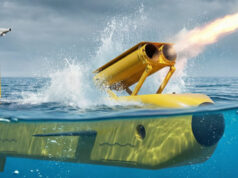
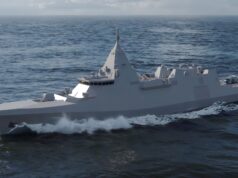
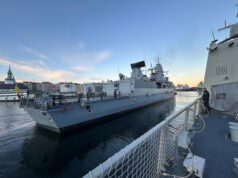


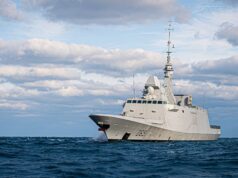
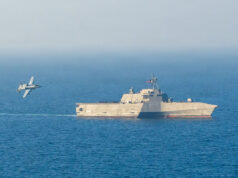
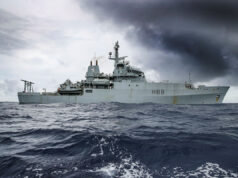

The JEF should be our major focus moving forward. Now that Sweden and Finland are in NATO it opens up JEF to being the main NATO enabler in northern Europe.
The JEF area is the major point of security concern for the UK as well and it sees us working with a number of very wealthy very capable liked minded nations .
If we are going to build a special relationship for the 21st century this should be it.
I agree. I think the primary conventional threat to the UK comes by sea and air from the North. Scandinavian NATO is a shield and also a platform from which threats to the UK can be interdicted and, with Finland now a member, also menace Russian submarine and air bases in the North that pose the greatest threat to the UK. We might also want to protect North Sea oil supplies and the natural gas being pumped to the UK from Norway.
This makes for good press but is likely to be used mostly as continuing “cover” for cuts to core capabilities in other areas.
The reality is that the British army is now too small to field a significant expeditionary capability 1000 miles from the British Isles. The JEF is like the ACE Mobile Force of the Cold War era. But back then the deployment of the ACE Mobile Force was only the symbolic spear of a much larger British army that could field a corps HQ and 3 to 4 armoured divisions on the continent. Simultaneously, there was the UK amphibious force centred on the Royal Marines and at least eight major amphbious ships. All that real capability is gone. All that is left is symoblism.
But I am sure this sort of stuff is precisely what the defence review will emphasize.
Can’t argue with that, it just emphasises the need ti intigratexits armed forces.